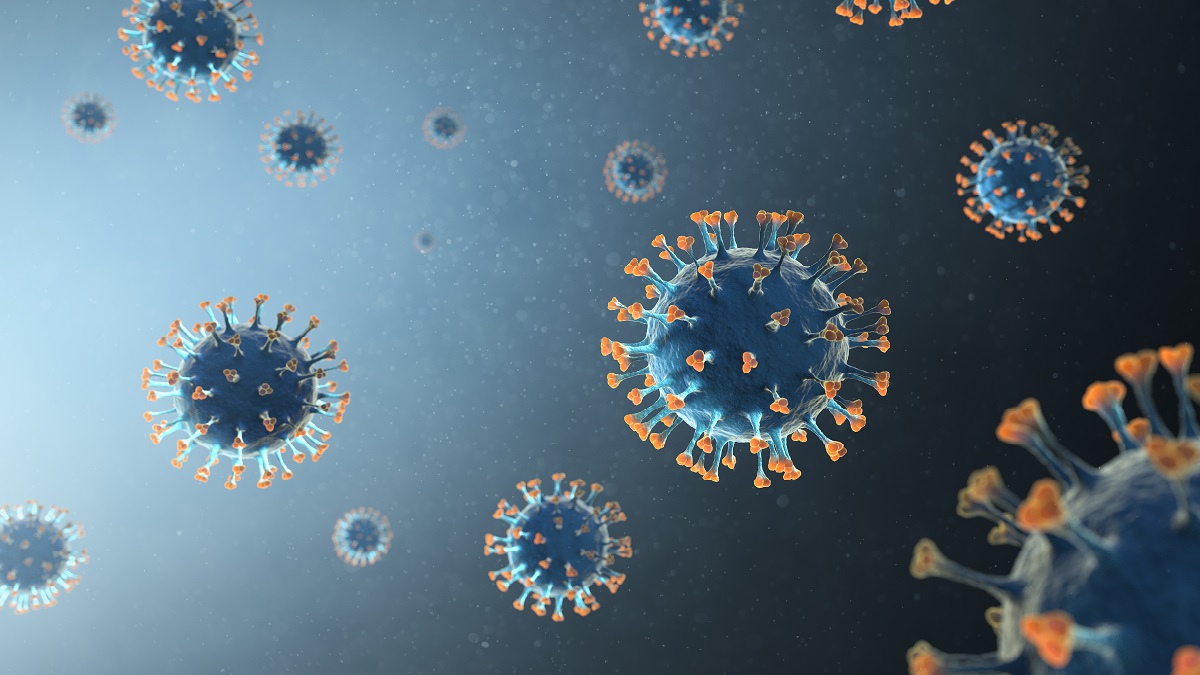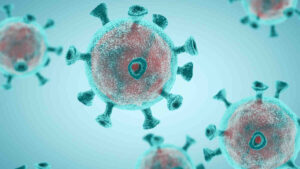Cyclopharm, AnteoTech and PharmAust report COVID-19 progress

ASX biotech companies are battling COVID-19 in any way they can. (Getty Images)
Three Australian biotech companies on Wednesday reported progress on projects related to the crusade against the novel coronavirus.
Nuclear medicine company Cyclopharm (ASX:CYC) announced that it is partnering with McMasters University in Canada to use its Technegas product to study how COVID-19 affects lung ventilation in recovered patients.
Cyclopharm’s Technegas generator disperses an ultra-fine aerosol of radioactive carbon that is inhaled by the patient via a breathing apparatus, allowing for multiple views of the patient’s lungs using a gamma camera called single-photon emission computed tomography or SPECT.
The 14-month McMasters study will involve 100 patients, both healthy ones and asthmatics who have recovered from COVID-19.
“Little is currently known about the immediate and long-term effects of COVID‐19 on lung health, which may have consequences for COVID‐19 survivors and the healthcare system,” co-investigator Dr Parameswaran Nair, a respirology professor at McMasters, said.
“A subset of COVID‐19 survivors are starting to emerge with persistent breathlessness and exercise limitation, necessitating respiratory follow-up.”
Lead study investigator Dr Sarah Svenningsen said the ventilation imaging could provide insight into the consequences of COVID-19-related lung injuries.
“Persistent ventilation injury that can be visualised using Technegas may explain persistent respiratory symptoms,” she said.
Cyclopharm is paying up to $C210,000 ($220,000) to support the study, which chief executive James McBrayer said could establish VQ-SPET using Technegas as an important tool in diagnosing and managing acute respiratory distress syndrome (ARDS) related complications in COVID-19 survivors.
The Technegas technology has been used in over 4.2 million procedures in 60 countries around the world, he said.
Back in late March, the company highlighted the possibility of using the radioactive gas to diagnose COVID patients.
AnteoTech’s antigen tests
Meanwhile, Brisbane surface chemistry company AnteoTech (ASX:ADO) said it was making progress on its COVID-19 antigen tests, high sensitivity rapid tests that can detect whether someone is infected with coronavirus from either saliva, mucus or blood.
The tests have passed design verification, the second step in the development process, AnteoTech said, estimating that market launch of the tests are about five to eight months away.
Trials have shown the antigen tests are working at a very high level of sensitivity, AnteoTech said.
“We believe we have a proven working COVID-19 test with sensitivity far higher than we originally anticipated and this provides us with confidence that we can make a significant contribution to the fight against COVID-19,” chief executive Derek Thomson said.
The company is prioritising its standalone COVID-19 antigen test, but also has one in the works that would detect flu viruses in addition to coronaviruses.
PharmAust’s lab tests
Lastly PharmAust (ASX:PAA) said its anti-cancer drug candidate Montepantel had shown anti-viral effects against SARS-CoV-2, the coronavirus that causes COVID-19, in repeated tests using monkey cells.
The company theorised that Monepantel and Monepantel Sulfone had anti-viral effects by inhibiting what’s called the mTOR pathway, which regulates cell proliferation.
Still, while PharmAust said it was encouraged by the results, the Perth company cautioned that “despite the success of these experiments, it is important to note that activity in vitro does not always translate to human patients.”
The company said it was preparing for human trials.
CYC, ADO and PAA share price charts
Related Topics
UNLOCK INSIGHTS
Discover the untold stories of emerging ASX stocks.
Daily news and expert analysis, it's free to subscribe.
By proceeding, you confirm you understand that we handle personal information in accordance with our Privacy Policy.








